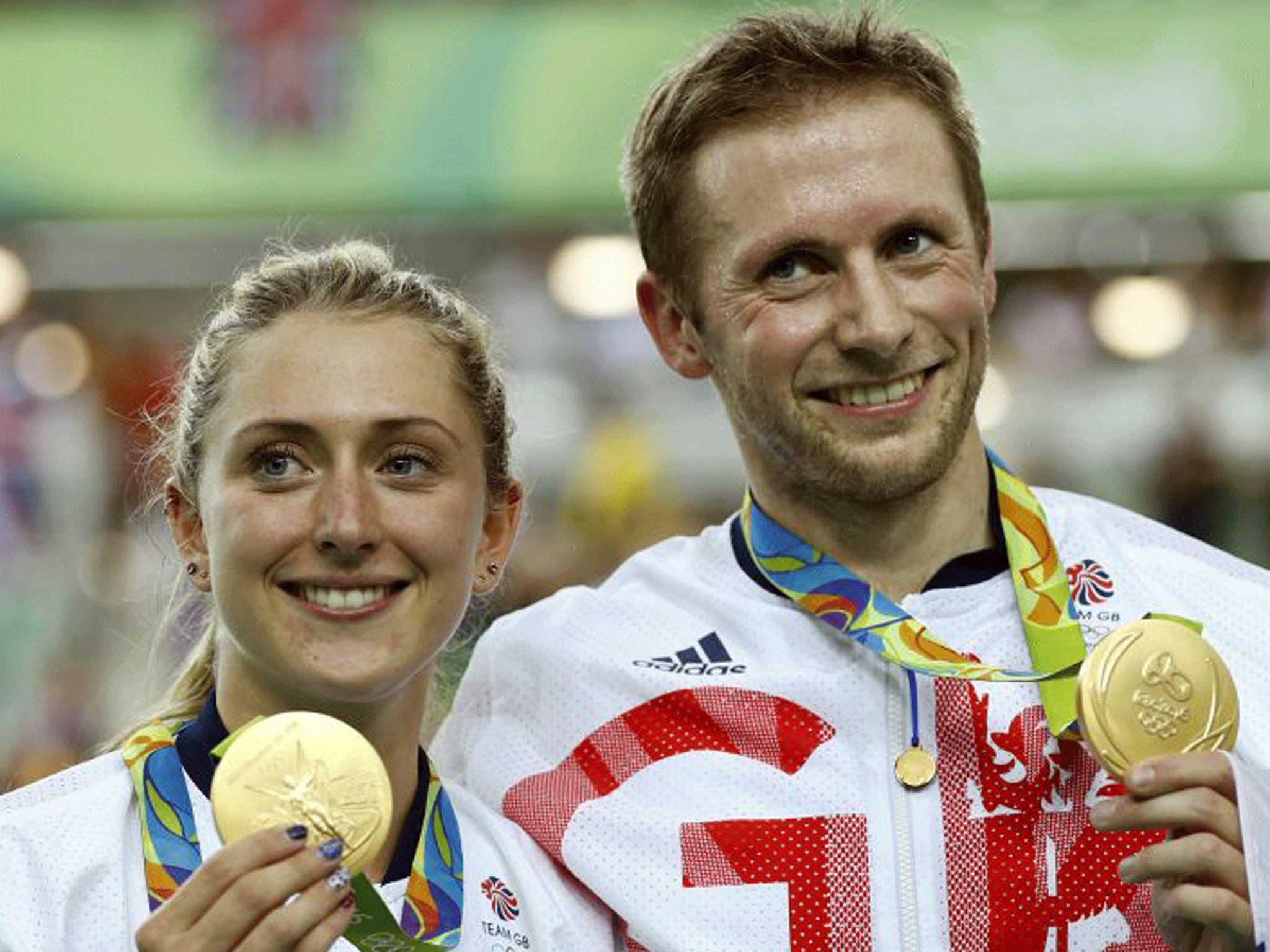Can we really justify spending £5.5m per Olympic medal at Rio 2016 while the rest of us slump on the sofa?
Ordinary Brits now do less than 30 minutes of exercise per week – that’s even less than we managed before London hosted the Games in 2012


Winning medals in Rio certainly makes us feel good, and the sight of dedicated, super-fit young people celebrating years of hard work is absolutely inspiring and moving. But the big question must be this: are the Rio Olympics anything more than high grade TV entertainment?
Our national success has been at a large financial and, possibly, social cost. UK Sport, which decides how to allocate tax and lottery money, has a ruthless policy. Put bluntly, its remit is to focus on backing winners, to hunt out the rare people who can achieve the remarkable. This highly controversial strategy means that sports which didn’t deliver predicted results at the London Olympics in 2012 – table tennis, swimming and volleyball, for example – had their funding cut.
Two thirds of UK Sport’s money goes to specially selected 14-25 year olds – the winners of the next decade and the 2024 Olympics – and they also fund an elite group of “podium level athletes” with extra cash for living expenses and training.
This policy has brought massive success in Rio, where the UK stands second above China in the medals table, when we were ranked 36th in Atlanta just two decades ago. Bur the picture on the other side of the television set is far from encouraging.
Slumped on sofas all over the country, we sit glued to the screen with spreading bums and tums and atrophied leg muscles. One in four of us now resemble Neil the Sloth from the Sofaworks advert.
In spite of the government spending millions on public health campaigns, Brits do less than 30 minutes of any exercise (including walking at a normal pace) in a week. Worse, new research reveals that years spent hunched over laptops, tapping on smart phones and playing video games has resulted in a generation of young men having weaker hand grips than 30 years ago. Their muscles are starting to atrophy and shrink.
How to address this lack of motivation in our national psyche, and make exercise part of everyday life? That’s the way it is here in Sweden, where I’m on holiday (I’ve seen very few fat children).
Sport England launched a four-year strategy last May to encourage more grassroots participation in sport, but the task is daunting. The truth is that Olympic success simply doesn’t galvanise ordinary people to take a walk, go for a swim, play a game of tennis or learn to box.
We look on our gold medal winners as gorgeous pinups, who we revere and cherish, but who perform in a way we cannot relate to. They have nutritionists, wear aerodynamic clothing, and are 100 per cent driven. They are not normal shapes, their bodies have adapted to achieve maximum potential through specialised training. Laura Trott, Jason Kenny and their teammates are modern gods, not role models.
The discrepancy between the impressive achievements by Team GB and a lack of motivation in the population at large is increasing. The number of adults playing any sport has dropped since 2012. In the poorest areas like Yorkshire and Humber, 67,000 fewer people are involved in sport. In Doncaster the decline is over 13 per cent, whereas in well-heeled Oxford, it’s up 14 per cent.
Overall, more than 350,000 people have taken to their sofas and given up exercise of any kind in the four years since London 2012.
David Cameron might have given an extra £150m to fund sports in primary schools until 2020, but that sum is pitiful given the way sport has been systematically downgraded by the Department of Education over the last 10 years. Now, the amount of time children spend each week playing sports and participating in PE has dropped to one hour and 42 minutes a week – that’s 25 minutes less than 2010.
To make regular activity part of a normal mindset, you have to start in primary schools. All over the country, ageing swimming pools are being closed by councils anxious to save money on repairs. Most will be in the poorest areas. Local authority cuts have seen playing fields sold off and opening hours of existing facilities curtailed.
It’s been estimated that each medal in Rio has cost £5.5m of public funding. There are some tough questions to be asked about whether financial priorities should be re-aligned to focus on the many, rather than the few.
Join our commenting forum
Join thought-provoking conversations, follow other Independent readers and see their replies
Comments
Bookmark popover
Removed from bookmarks